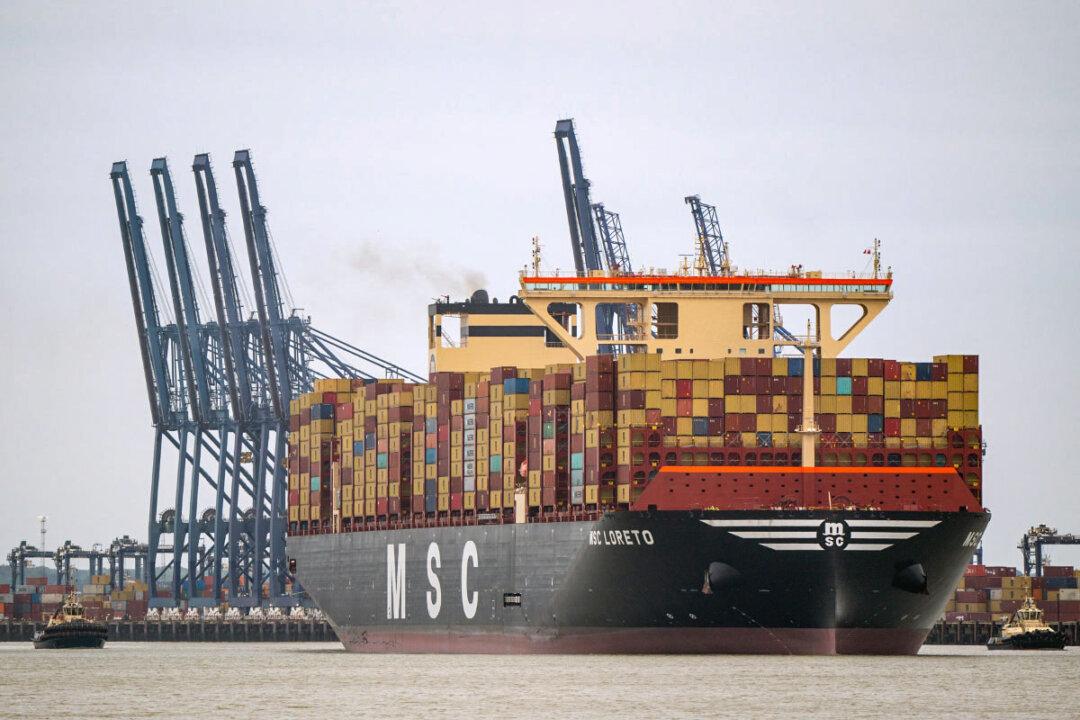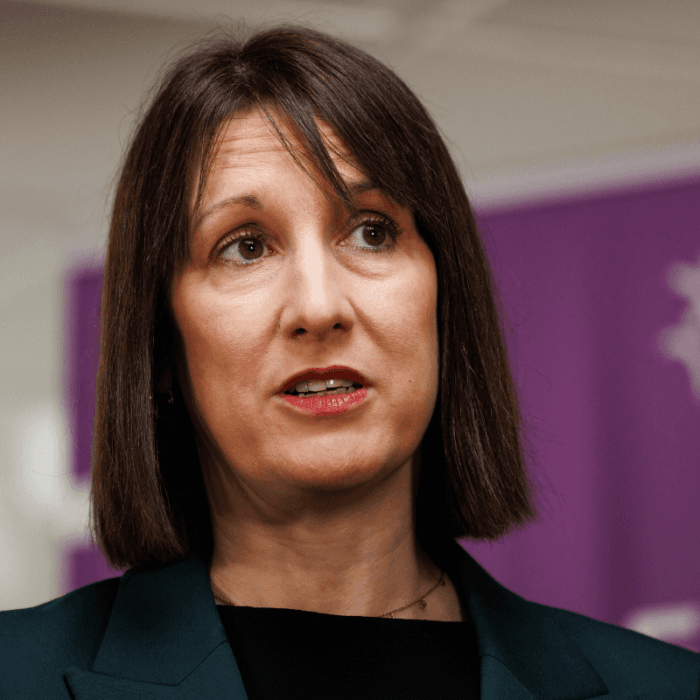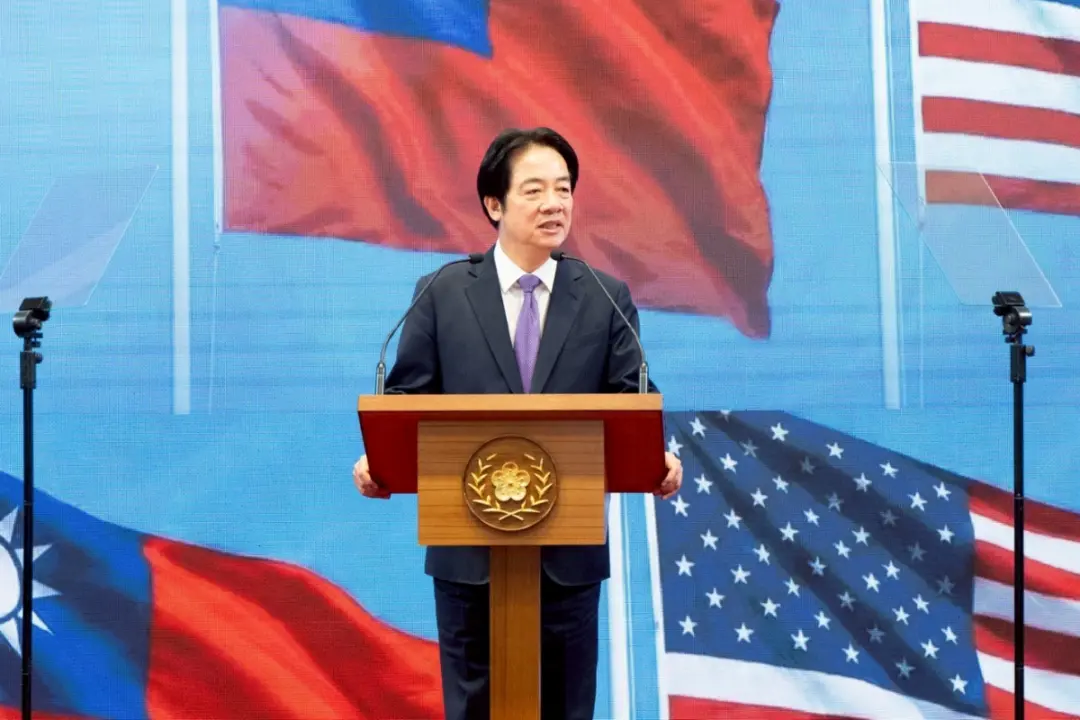The UK has joined the Comprehensive and Progressive Agreement for Trans-Pacific Partnership (CPTPP), a relationship which could boost the economy by £2 billion a year in the long term.
On Sunday, Britain became the first European country to join CPTPP, a free trade area established in 2018 that has a combined market of almost 600 million people.
The government said membership of the bloc will strengthen existing relationships in the region, boost global trade, and create opportunities for UK companies abroad.
Outward Looking Economy
Business Secretary Jonathan Reynolds said on Sunday, “Today’s news is further proof that the UK is a wonderful place to do business, with an open, outward looking economy driving the growth people can feel in their communities.”“This is a proven way to support jobs, raise wages, and drive investment across the country which is key to this government’s mission to deliver economic growth,” Reynolds said.
He added that the government’s Trade Strategy will be published next year which will put in place a long-term, strategic plan for developing international trading channels that will benefit British businesses and consumers alike.
The UK has become the 12th member of the bloc, with eight of its existing members—Brunei, Chile, Japan, Malaysia, New Zealand, Peru, Singapore, and Vietnam—having already ratified the accession on Sunday.
On Christmas Eve, the partnership will come into force with Australia, who ratified the deal later. The remaining two members—Canada and Mexico—are expected to ratify their relationship with the UK at some point in the future.
Brexit Benefit
It represents what the previous Conservative government had called the “biggest trade deal since Brexit” and a big boost for British businesses, with exporters of goods including key British products like chocolate, machinery, gin, and whisky set to benefit.Responding to news that the UK had officially joined, Conservative Party leader Kemi Badenoch, who as business secretary under the previous administration signed off on the deal in July 2023, said it “places the UK in a bloc with the fastest-growing economies in the world and was a key Brexit benefit to add to our EU trade deal.”
Badenoch said, “The Conservatives delivered CPTPP – a trade deal that brings enormous benefits to everyone from British farmers to fintech and small businesses to the largest manufacturers.”
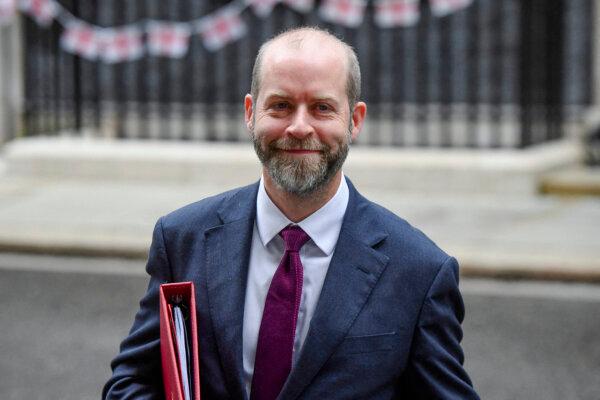
Resetting Relations
The membership of the Indo-Pacific trading bloc comes as the UK nears securing other international post-Brexit trade deals, including with India, Switzerland, South Korea, and the Gulf Cooperation Council, which is a union comprising of Bahrain, Kuwait, Oman, Qatar, Saudi Arabia, and the United Arab Emirates.“These form one half of this government’s twin-track approach to trade which seeks to reset our relationship with the EU at the same time as striking new trade deals,” the Department for Business and Trade said on Sunday.
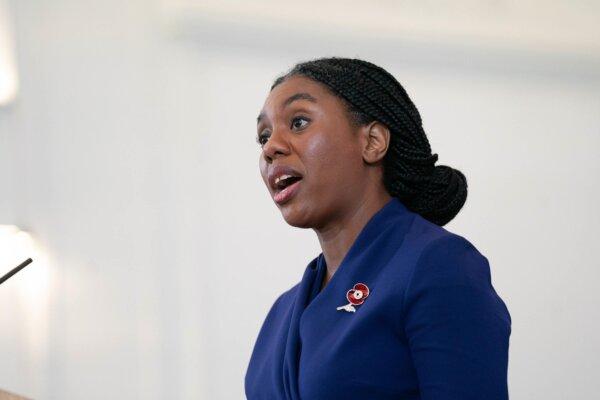
The Conservatives have accused the Labour government of taking Britain backwards by pushing for greater cooperation with the EU, rather than prioritising a U.S.–UK trade agreement.
Reeves has said that there is no need to choose between the EU and the United States, saying last week, “The UK will always remain committed to our relationship with the U.S.”
